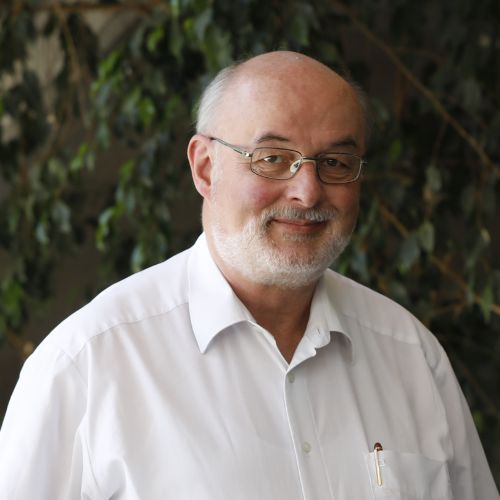
Ulrich Volkmann
Full Professor
Dr. rer. nat. Universität Mainz, Germany
Investigation Area: Experimental Condensed Matter Physics, Surface Science
-
volkmann@uc.cl
-
955044468
IN THIS PAGE
Investigation lines
I lead the SurfLab UC surface laboratory team, which uses a broad range of physics to adapt and develop tailored experimental methods for its scientific research, which includes the preparation and study of thin films and the interaction of organic molecules with solid surfaces. These experimental techniques could lead to interesting applications for various industries. For example, we use cryophysical techniques to generate and store cryogenic liquids at low temperatures and work with thermodynamic machines to produce liquid nitrogen, a useful agent for freezing cells or blood samples that can also function as an engine or heat pump for air conditioning.
Using high and ultra-high vacuum physics, we have designed chambers and integrated various types of vacuum pumps that could serve the packaging industry for degassing, isolating, storing, and transporting products, as well as the production of coatings, sensors, nanoparticles of various metals, organic materials, and hundreds of other applications.
In the area of frontier scientific research, the SurfLab group has developed a physical method that allows the formation of artificial biological membranes, called supported lipid bilayers (SLBs), in a completely dry form, without the need for hydration and without solvents. This technique is currently unique in the world and can be considered a dogma-breaker in the field of biology and biophysics. The system developed by SurfLab UC is known as the “biosilicon nanointerface” and serves, for example, as a stable platform for the fabrication of biosensors that can be stored for long periods of time for commercial purposes, ready for the addition of specific proteins or receptor molecules for individual customer applications. The sensor can be activated at the time of use by the customer or by a service provider.